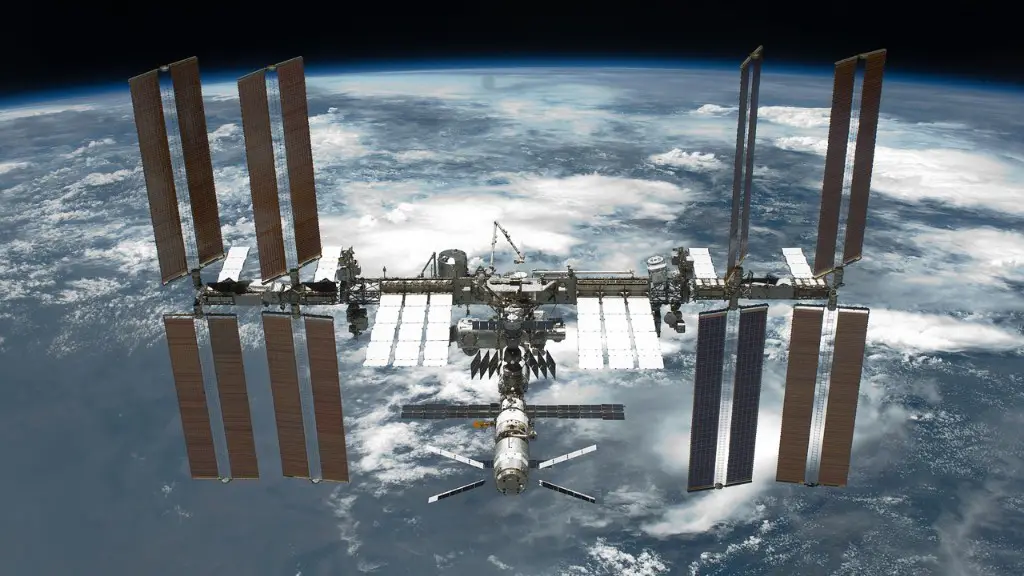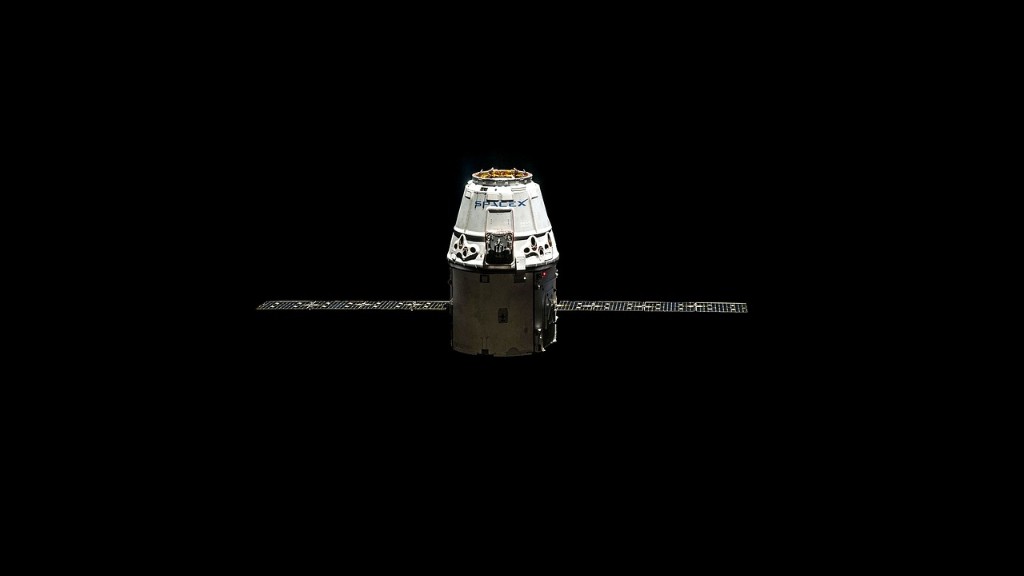There are an estimated 100 billion galaxies in the universe, according to NASA.
There are an estimated 100 billion galaxies in the universe.
How many galaxies are in the universe?
Some astronomers estimate that there are as many as 2 trillion galaxies in the universe. This number is based on the number of galaxies that have been observed, as well as the number of galaxies that may have been missed in previous studies. This number is still an estimate, but it gives us a good idea of the vastness of the universe.
The Hubble Ultra Deep field is an image of the universe that was taken by the Hubble Space Telescope. It is the deepest image of the universe that has ever been taken at visible and near-infrared wavelengths, and it revealed over 10,000 galaxies in a small patch of sky.
Are there 2 trillion galaxies in the observable universe
The most recent estimate of the number of galaxies in the Universe comes from the Hubble eXtreme Deep Field, which observed 170 billion galaxies. However, a theoretical calculation from a few years ago suggests that the actual number of galaxies is much higher, at 2 trillion. This is due to the fact that there are many small, faint, and distant galaxies that cannot be seen with our current technology.
This is an absolutely massive galaxy, and it’s fascinating that it’s been hiding out there for so long. It’s definitely worth further study to see how such a massive object can form and what implications it has for our understanding of the universe.
How many galaxies are in one Milky Way?
The Milky Way galaxy is huge, and it is believed to have around fifty galaxies orbiting around it. The largest of these satellite galaxies is the Large Magellanic Cloud, which has a diameter of only 14,000 light-years. However, there are many other galaxies in the Milky Way, including the Small Magellanic Cloud, which is much smaller than the Large Magellanic Cloud.
The number of universes in space is estimated to be between 100 billion and 200 billion galaxies. This estimate is based on the number of galaxies that have been observed by experts. However, the exact number is not known and may be much higher.
What is the bigger than the universe?
There is no definitive answer to this question. Some people believe that the universe contains all solar systems and galaxies, while others believe that our Solar System is just a small part of a much larger universe. The truth is likely somewhere in between.
The observable universe is a finite region of the universe that is visible to us from our vantage point on Earth. It extends 46 billion light years in every direction from us. While our universe is 138 billion years old, the observable universe reaches further since the universe is expanding. The observable universe is centred on us.
What is outside the universe
There is no agreed upon answer for this question. Some scientists believe that the universe is expanding into nothingness, while others believe that it is expanding into something else.
It’s amazing to think that there are planets out there beyond our own solar system. Thousands have been discovered in the past two decades, mostly with NASA’s Kepler Space Telescope. These worlds come in a huge variety of sizes and orbits. Some are gigantic planets hugging close to their parent stars; others are icy, some rocky. It’s fascinating to speculate about what these other worlds might be like and whether any could be habitable.
Can galaxies have 2 black holes?
This is an exciting discovery that suggests that binary black holes may be more common than scientists thought. It is possible that these black holes are feeding off of each other, which could help to explain how some supermassive black holes grow so large. This is an important development in our understanding of black holes and their behavior.
The technology required to travel between galaxies is far beyond humanity’s present capabilities, and current only the subject of speculation, hypothesis, and science fiction. However, theoretically speaking, there is nothing to conclusively indicate that intergalactic travel is impossible. With advances in physics and engineering, it may one day be possible to develop the technology necessary to travel to other galaxies. Until then, we can only imagine what lies beyond our own galaxy.
Is there anything bigger than a galaxy
Superclusters form massive structures of galaxies, called “filaments”, “supercluster complexes”, “walls” or “sheets”, that may span between several hundred million light-years to 10 billion light-years, covering more than 5% of the observable universe. These are the largest structures known to date. Superclusters are thought to be held together by their own gravity. Some of the largest known superclusters include the Hercules-Corona Borealis Great Wall and the Sloan Great Wall.
The largest known star in the universe, UY Scuti, is a variable hypergiant with a radius around 1,700 times larger than the radius of the sun. This means that the volume of UY Scuti is around 5 billion times that of the sun.
Is there a galaxy bigger than the Milky Way?
The Andromeda galaxy is one of the most famous Messier objects. It is a spiral galaxy about 2.5 million light years away from us. In a dark sky, it is visible to the naked eye as a smudge of light larger than a full moon. It is the nearest major galaxy to our own Milky Way galaxy and is often referred to as our sister galaxy.
This is amazing news! There could be billions of planets out there that could support life! This just shows how big and vast our universe is and how much there is still to be discovered. We have only just scratched the surface when it comes to exploring what is out there. I can’t wait to see what else we find!
Final Words
There are an estimated 100 billion galaxies in the observable universe.
There are an estimated 100 billion galaxies in the universe. This number comes from observations of the universe as a whole and from statistical models that estimate the number of galaxies that are too faint to be seen.





